The attached letter, co-signed by 19 registered observer organizations, has been submitted to convey our concerns about the decision-making process of RFMOs during the COVID-19 pandemic. The current situation has prompted sudden changes and adjustments to many organizations and governments, forcing alternative operations and communications due to the pandemic restrictions. It is our concern that this may result in decisions that do not have the same level of input or consideration normally afforded by the standard processes, thereby impacting the transparency of the decision-making process.
We urge RFMOs to take action, as outlined in the attached letter, to ensure that all delegations, including observers, have the ability to review these extra-ordinary intersessional decisions in order to preserve transparency to all parties, as they work through the COVID 19 response.
1 June 2020
To Whom It May Concern,
This letter is submitted on behalf of the undersigned 19 observer organizations. The Covid-19 pandemic is forcing governments and organizations around the world to rapidly modify and adjust how to communicate and operate due to restrictions on physical contact understandably put in place to protect human health and wellbeing. The international coordination and communication required for decision making within regional fisheries management organizations (RFMOs) are particularly challenged by restrictions on gatherings, travel and border crossings. As a result, some RFMOs are making decisions more quickly and without the level of discussion normally afforded by in-person meetings and usual processes, thereby potentially impacting the transparency of the decision-making process, not just for observers, but for member governments as well. As stakeholder observers, we find this to be particularly worrisome.
To ensure that all parties fully understand how key decisions were reached, we suggest that a new standing item be added to the agenda of the annual Commission meeting to review intersessional decisions taken outside standard procedures if applicable, together with a summary of discussions that led to those decisions and any related Circulars or other open correspondence. This could take the form of a report tabled by the Secretariat or Chair and should be made public prior to the annual meeting. This would allow all delegations, including observers, to review the decisions taken as well as understand the process that was followed.
Despite the uncertainty of events unfolding as a result of Covid-19, management organizations have the responsibility and ability to ensure that decision-making processes are accessible, transparent and understandable, as appropriate, to the parties that have an interest in them.
Sincerely,
Amanda Nickson, Director, International Fisheries The Pew Charitable Trusts
Quentin Hanich, Fisheries Governance Research Program Leader, Australian National Centre for Ocean Resources and Security (ANCORS) University of Wollongong
Shana Miller Senior Officer, International Fisheries Conservation, The Ocean Foundation
Theresa Labriola, Pacific Program Director, Wild Oceans
Daniel Fernando, Marine Biologist and Co-Founder, Blue Resources Trust
Alexia Morgan, Global Tuna Manager, Sustainable Fisheries Partnership
Rebecca Regnery, Senior Director of Wildlife, Humane Society International
Jason Schratwieser, President, International Game Fish Association
Alexia Wellbelove, Senior Campaign Manager, Humane Society International, Australia
Shannon Arnold, Senior Marine Program, Coordinator Ecology Action Centre
Ali Hood, Director of Conservation, Shark Trust
Sonja Fordham, President, Shark Advocates International
Alejandra Goyenechea, Senior International Counsel, Defenders of Wildlife
Vera Coelho, Senior Director, Advocacy in Europe, Oceana
Gonçalo Ferreira de Carvalho, Executive Director, Sciaena
Beatrice Gorez, CFFA Coordinator, CFFA
Marcel Kroese, Global Tuna Leader, WWF
Tom Pickerell, Executive Director, Global Tuna Alliance
Noëlle Kümpel, Head of Policy, BirdLife International
